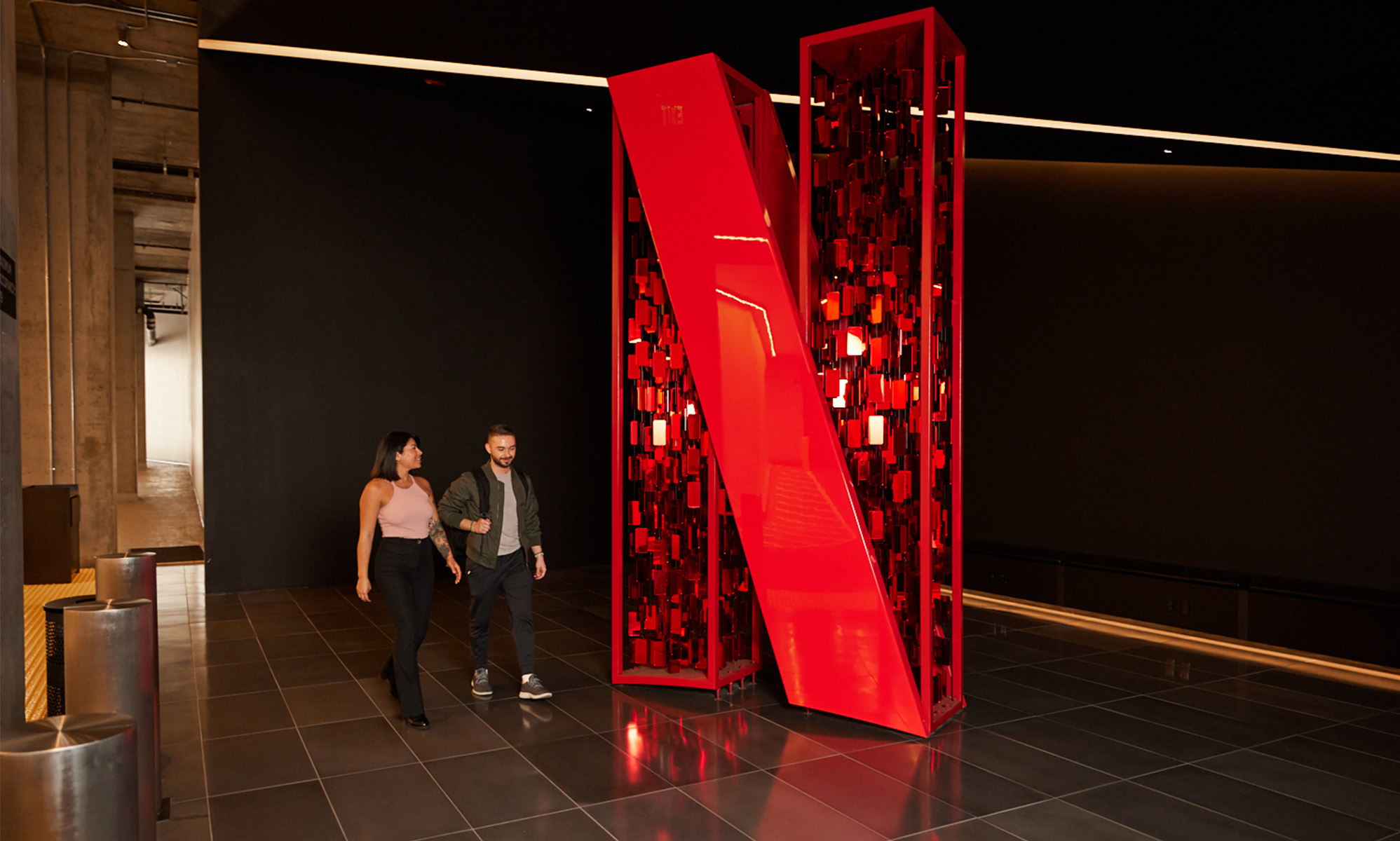Some investors might look at The Walt Disney Company's (DIS 1.94%) stock chart for 2017 and shrug it off as a forgettable subpar performance. The stock tumbled as much as 7.5% lower in the fall and closed the year at a gain of just 3.2%. Shareholders missed out on a fantastic period for the general market, where the S&P 500 market barometer rose 19.4%.
However, that would be a shortsighted analysis. The House of Mouse actually laid a lot of groundwork for a better future last year.

Image source: Walt Disney.
Two game-changers
Disney made two moves in 2017 that will leave a huge footprint on the company's long-term prospects.
First, a multiyear partnership with Netflix (NFLX +0.89%) got the boot as Disney declined the option to renew it when the contract expires at the end of 2018. Instead, Disney bought out the remaining 66% of Major League Baseball's BAMTech platform that it didn't already own. That technology already serves up streaming video services for the MLB, the NHL, and many other sporting leagues. In the spring of 2018, Disney will launch a BAMTech-based streaming service for all kinds of sports under the ESPN banner, followed by a full-on entertainment solution at the start of 2019.
The expiring Netflix deal only covered the U.S. market, but Disney will probably roll out its replacement services on a global level. After waffling on the issue for a few weeks, the company also confirmed that the entertainment service will take over all of Disney's film brands. "It will have the entire output of the studio: animation, live action at Disney, including Pixar, Star Wars and all the Marvel films," said CEO Bob Iger at an industry conference last September.
This is huge news for Disney investors. The company is taking much closer control over its powerful content catalog, in a world where streaming media looks like the clear-cut future of entertainment in general. Assuming that the BAMTech platform can deliver a consumer-friendly experience at a reasonable cost, and that Disney's compelling brand name lets the new service hit the ground running, this announcement will be remembered as the start of a long-term cash cow operation.
Second, but no less important, Disney is buying most of 21st Century Fox's (FOX +0.00%) (FOXA +0.00%) operations in a $52 billion blockbuster deal.
If that acquisition passes regulatory muster, Disney will absorb one of its largest and most important Hollywood rivals along with a generous assortment of cable TV networks. Buyouts have played a large part in Disney's rise since Michael Eisner got the ball rolling in 1995. The $19 billion buyout of Capital Cities, which owned the ABC network and 80% of ESPN, was followed by the billion-dollar additions of Pixar, Marvel, and Lucasfilm. All of these deals have delivered mighty contributions to Disney's top and bottom lines, and I see no reason why the Fox deal should be different.
What's next?
It's hard to say whether the Fox buyout or the commitment to a company-owned streaming solution will make the larger impact on Disney's business in the long run. It's fair to say that the BAMTech move should result in a stronger return on the much smaller original investment, though.
And don't forget that the Fox acquisition should give Disney majority ownership of the popular Hulu service. Overall, the company moved far deeper into a credible digital future last year. Don't expect Hulu and BAMTech to move Disney's business needle much in 2018 or 2019, but you have to start somewhere.







